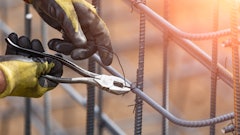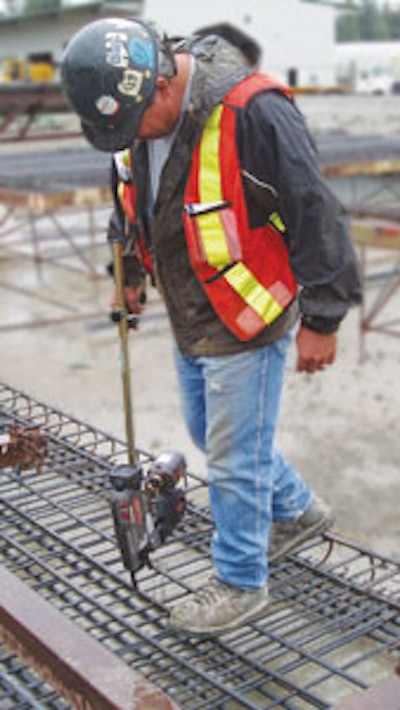
If your customers are involved in tying rebar, then you need to know about battery-powered rebar tiers. These tools can drastically reduce tying time and alleviate health problems associated with the manual tying of rebar.
A recent study by the National Institute for Occupational Safety and Health (NIOSH) reveals that using a battery-powered rebar tier, such as those manufactured by Max USA, significantly reduces the use of rapid and repetitive hand-wrist and forearm movements, thereby reducing the risk of developing a low-back, work-related musculoskeletal disorder.
In February 2003, NIOSH conducted the study for a Health Hazard Evaluation for Genesis Steel Service Inc. (GSSI), a construction reinforcing and structural steel contractor in Baltimore, MD. NIOSH evaluated the risk that GSSI reinforcing ironworkers have for developing back and hand musculoskeletal disorders as a result of hand-tying reinforcement steel on concrete bridge decks and other large concrete slab jobs. The organization also investigated whether the use of a Max battery-powered rebar tier can be effective in the prevention of work-related musculoskeletal disorders of the upper extremities and back.
The study found that manually tying rebar at ground level using pliers and wire involves sustained deep trunk bending and rapid and repetitive hand and wrist movements. Using a battery-powered tier significantly reduced such movements and freed one hand to support the weight of the trunk during tying. Adding an extension handle to the battery-powered tier allowed workers to tie rebar standing erect, further reducing the potential for injury.
According to the manufacturer, Max rebar tiers, such as models RB650A and RB395, are designed to reduce tying time as well as alleviate the potential for injury from repetitive movements. The RB650A can tie up to #9 x #8 rebars (or any combination up to 17) using a combination of 16-gauge tie wire and a powerful twisting motor. Wire usage is regulated automatically to match the size of the tie and increase productivity. One roll of wire ties 120 to 230 ties.
Battery-powered rebar tiers are going a long way toward making your customer's job easier and safer. For more information on the NIOSH study cited in this article, visit www.maxusacorp.com or www.cdc.gov/niosh/hhe/reports.


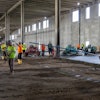
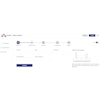


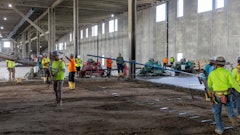
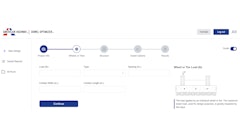
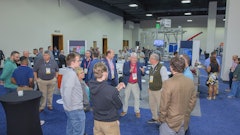

![Strux Macrofibers 58c9b97fd4aaf[1]](https://img.forconstructionpros.com/mindful/acbm/workspaces/default/uploads/2025/08/strux-macrofibers58c9b97fd4aaf1.cNEEIfY9kp.png?ar=16%3A9&auto=format%2Ccompress&fit=crop&h=135&q=70&w=240)

